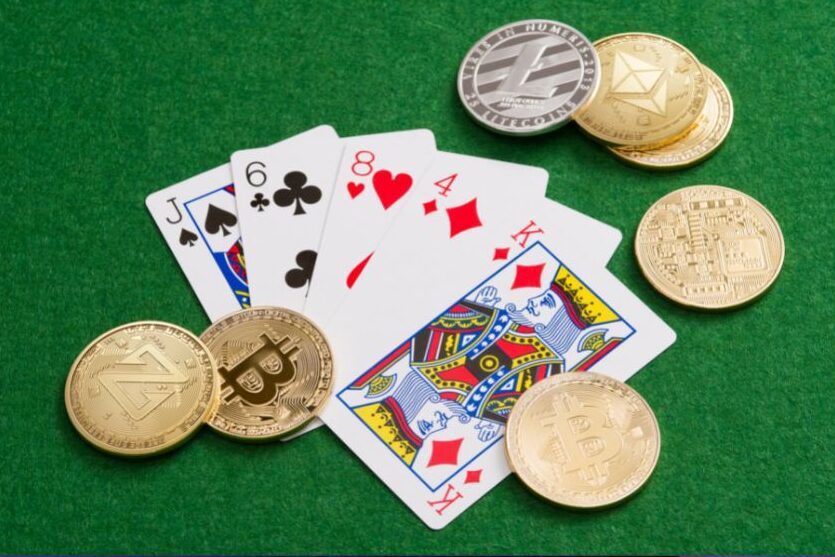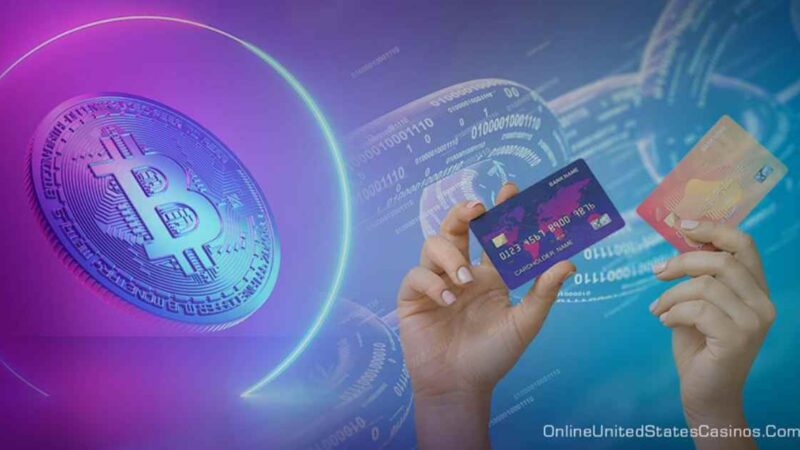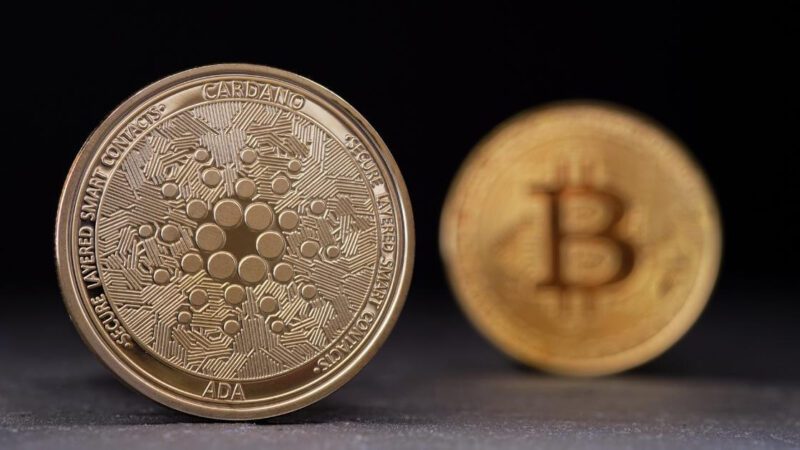Earn crypto playing games

Online poker games and betting are combined with cryptocurrencies in crypto gaming. In place of conventional fiat cash, you may bet using virtual currencies like BTC, Litecoin, and Dogecoin.
There aren’t many distinctions between crypto gaming or a typical online casino aside from the cash you use to fill up your account. The majority of casinos operate through a web browser, but some now provide mobile applications so you may play while on the go.
What do I require to play crypto games?
It’s quite simple to get started with crypto gaming play to earn games. You only need:
- A digital money wallet
- a profile on a gaming platform that accepts cryptocurrency
- a gaming device, such as a smartphone, tablet, or computer.
For an experienced and professional user, establishing both the wallet as well as the playing account is easy and uncomplicated. Your selection of gaming equipment may provide the only difficult because certain games need powerful computers to function effectively. Your gaming experience can be compromised if your smartphone is older than a year or two.
What dangers do virtual currency games pose?
Because they operate outside of conventional financial institutions, cryptocurrencies are also excluded from a number of safeguards that banks provide. Most banks provide some kind of insurance to make sure that money is safe in the event that a hacker gains access to your account.
Where the Gaming Saga’s Play to Earn Falls?
The play-to-earn approach can appear cutting-edge and brand-new at first glance. But it has its roots in a lengthy tradition of role-playing games and hugely multiplayer online games.
Hits like the Island of Kesmai, which first came out in the 1980s, are regarded as the genre’s forerunners and helped pave the way for the immersive gameplay like the Wizardia that play-to-earn games are aiming for today. Multi-user graphical tunnels, or MUDs, like EverQuest, Meridian 59, and World of Warcraft were popular in the 1990s. These games were among the first to have player-run virtual economies, enabling users to exchange goods, amass riches, develop specialties, and market their services.
Gamers were already able to clone real commodities to produce counterfeit versions of them, basically generating their own money until the economy was overrun with gold. This led to hyperinflation, which ultimately led to the temporary destruction of the game’s gold economy, forcing players to turn to trading and even charitable giving temporarily.
Since these initial virtual communities were so complicated, experts of gaming like Edward Castronova have devoted their career to studying them and have co-authored a book about them. He has been considering the play-to-earn paradigm for more than 20 years, and he claims to have foreseen its rise in 2016. However, he does not consider it to be as revolutionary as play-to-earn proponents suggest.
Future of Play to earn games
According to the experts of Wizardia, the players that spend a lot of money on these types of games are referred to as “whales,” and they are a crucial component of a free-to-play game’s business model. The “minnows,” or those who invest little to no currency in the game, are equally crucial since they provide the whales with a sense of importance and serve as a standard against which the whales may measure themselves, encouraging them to participate more and spend a fortune.
The ultimate goal of playing to earn the game is to resemble the Matrix. Players will be capable of seamlessly transiting between different virtual worlds as they travel across the vast, endless metaverse using virtual avatars. They may be in a feudal bar one second and a rocket ship in outer space the next. While doing so, users may interact with one another, earn cryptocurrency, and purchase and trade NFTs.




